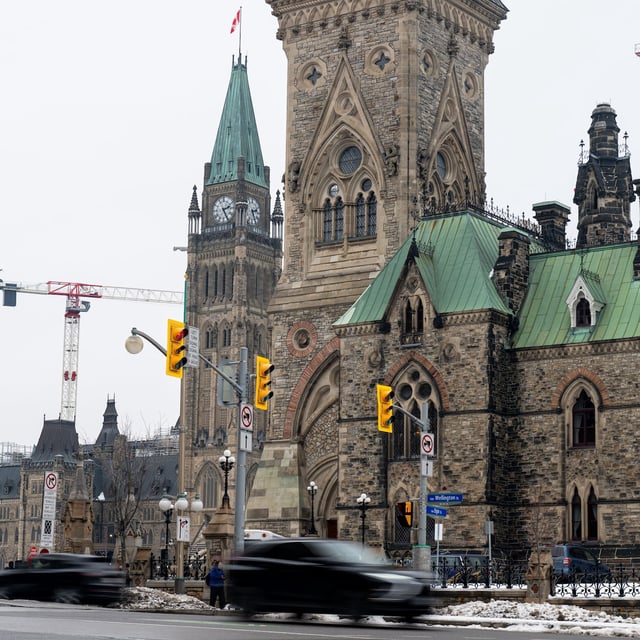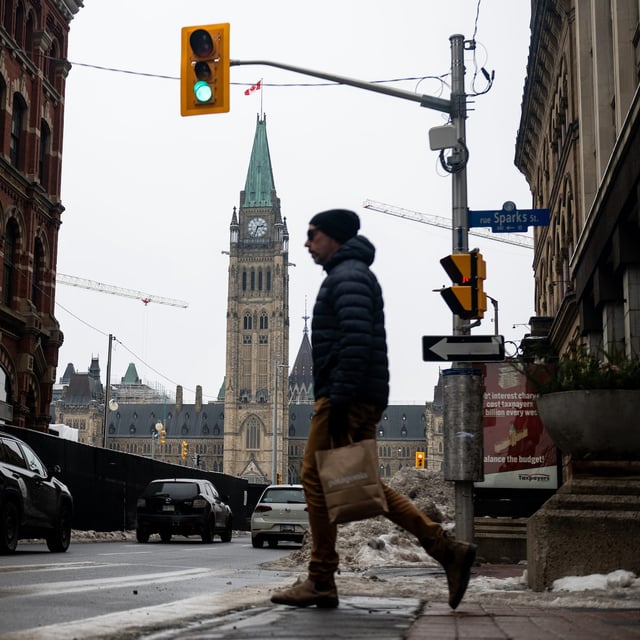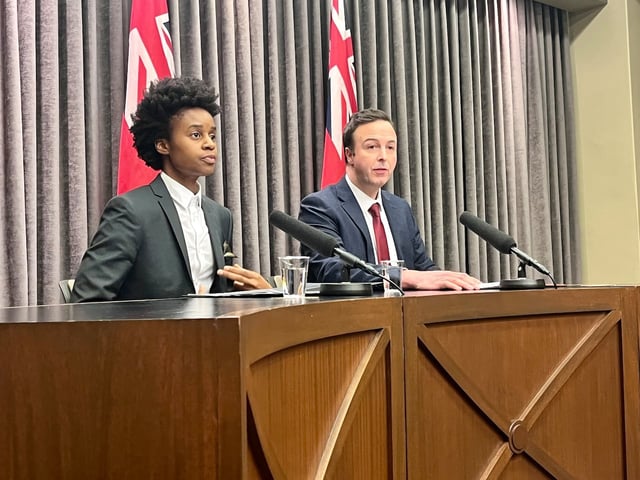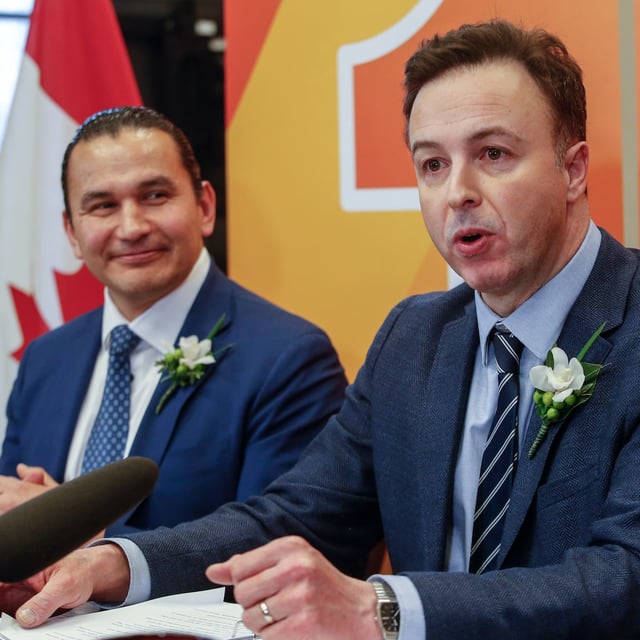Overview
- Chrystia Freeland resigned as finance minister hours before the release of the fall economic update, citing disagreements with Prime Minister Trudeau over government spending policies.
- The 2023-24 fiscal year deficit reached $61.9 billion, exceeding the self-imposed $40.1 billion cap by over 50%, with projections for deficits to continue in coming years.
- The government attributed part of the overshoot to one-time costs for Indigenous claims but also announced $24.2 billion in new spending over six years, primarily focused on clean growth and infrastructure.
- Freeland criticized the proposed $250 rebate cheques as a 'costly political gimmick,' and the plan was excluded from the update due to lack of parliamentary support.
- Public debt charges are projected to rise significantly, with federal debt nearing $1.3 trillion, prompting calls for spending cuts and fiscal responsibility from opposition voices.



